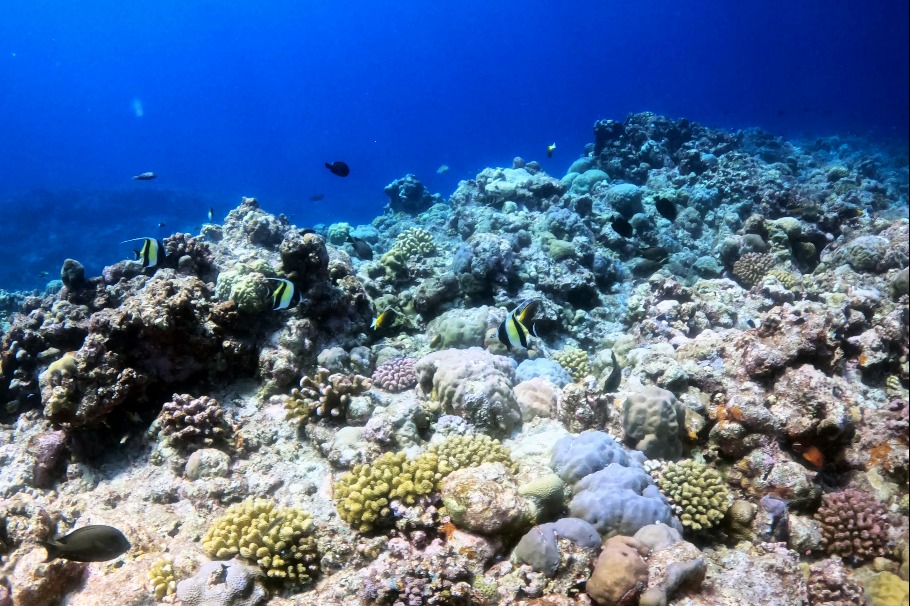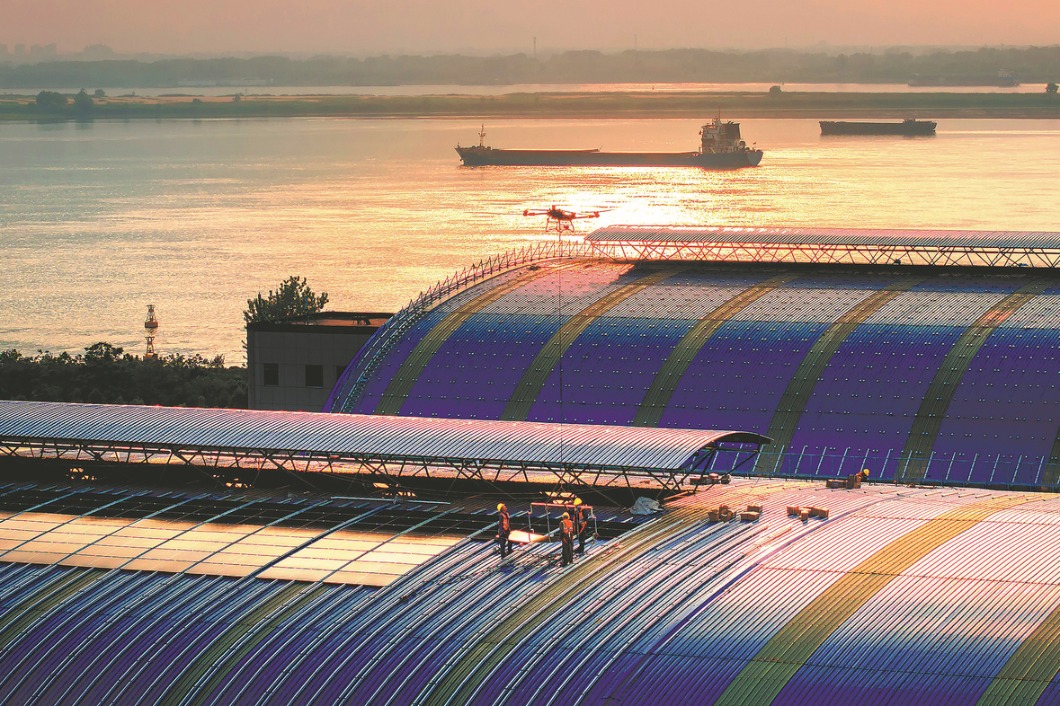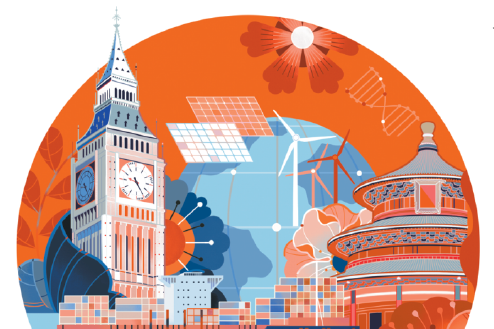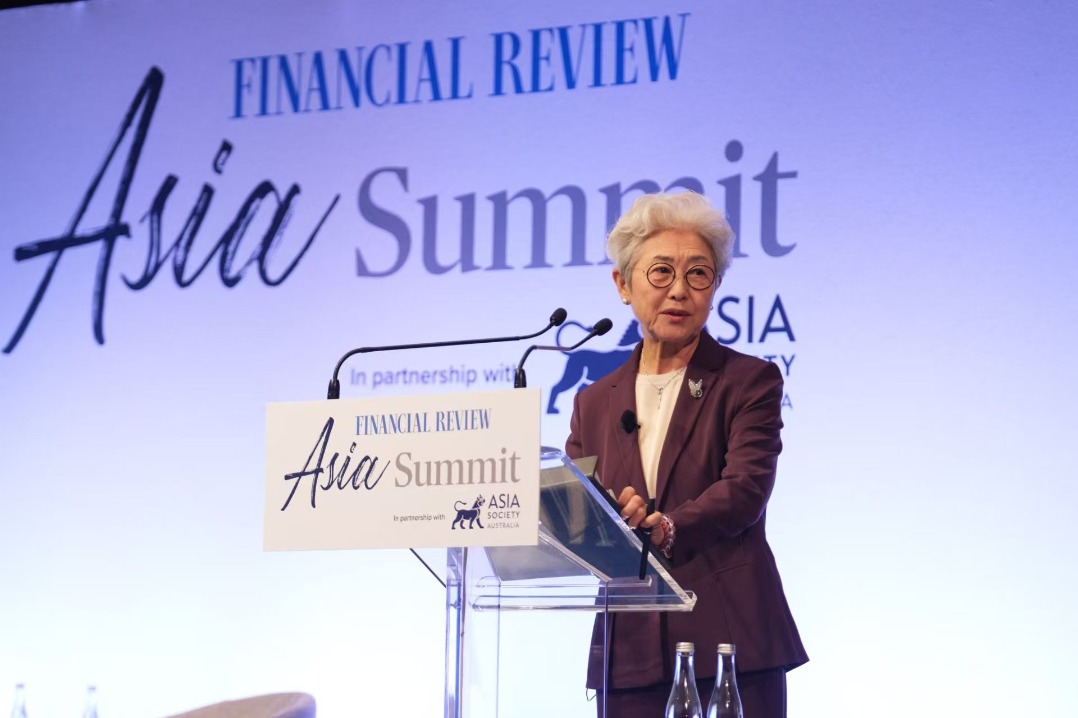What can we learn from the coronavirus crisis?


These days, China is in crisis mode because of a new coronavirus. What was supposed to become a happy family gathering during Chinese Lunar New Year turned into a time of existential worries for many, even a terrible time of loss of beloved family members for some. But China will manage this crisis. There is light at the end of the tunnel!
The reason? We see doctors and nurses who fight for the whole of society, who risk their lives to fulfill their duties. Freeing themselves of all selfishness, they are behaving as truly free individuals. They are taking absolute responsibility for the fate of this community, and for mankind. The same phenomenon can be observed all over society: People are taking great responsibility in protecting themselves, their family members and their society against the assault from the invisible enemy, a new sort of coronavirus. The World Health Organization has already praised China for its exemplary behavior in dealing with the new pathogen. To me, there is no doubt that this will be under control in the near future.
But times of crisis must also be times of further reflection! Many of us are forced to reduce outside activities to the minimum while others are fighting the disease. The least those at home can do is to use the forced retreat to reflect how to change our present and future habits, turning the bad situation into something better. Let's look ahead: What can we learn from the crisis? We in China – Chinese citizens and foreigners living, working and being in love here alike – should take more responsibility in general. Not just regarding ourselves or our kin, but regarding our community in general, beyond our colleagues, beyond the work unit. We are responsible for the quality of our performance, our productions, and for our engagement to boost creativity and progress in this society, for all, even humanity as a whole—not different from these doctors and nurses who are risking their lives at the moment.
Every human is allowed to make free decisions of action as long as these are in accordance with the law. But we also have to learn to use our freedom in the right way. It doesn't mean that we can just do everything we want. Being properly free means to voluntarily follow one's innate conscience to fulfill one's moral responsibilities and social duties towards children, parents, but not in the last place also towards the social universe. Poor hygiene in food markets, in restaurants, spitting on sidewalks, soiling of public toilets and hand basins with remains of mucous membrane can cause serious health problems for others.
Of course, there has been a great deal of improvement in public hygiene in China over the last ten years. But it is the moral responsibility of each individual to keep everything clean everywhere and for everyone. What's more, nobody should consume wild species, hosting all kinds of deadly viruses. Some of these have a mortality rate 20 to 30 times higher than the current one! We have abundance of safely produced food. Selling and buying these wildlife species is not only illegal, but also morally corrupt in the most extreme sense. We have to respect nature, or we will meet her fury. Something like we are experiencing at the moment should never have a chance to happen again! This crisis is a warning shot.
However, change of bad habits should best not be achieved by means of harsh external control and prohibitions. This would only eliminate symptoms but not causes. Can we achieve improvement by constantly reminding ourselves and each other to increase the self-responsibility of everyone? This crisis is a hard lesson and an important exam for China's society. It should make every individual think and understand. Only those who take responsibility for their fellow people and for the whole, even in seemingly small and unimportant things like public hygiene, are worthy members of this social fabric.
To permanently practice this self-responsibility, which is not forced but anchored in one's personal conscience, is what the great Ming period thinker Wang Yangming has called the "extension of the good conscience" (zhi liangzhi). The famous German philosopher Hegel basically meant something very similar when he wrote about morality as a main pillar of a state-supporting ethics. The individual and the whole are connected. The individual is responsible for the whole; the whole is responsible for the individual. Each individual is like a small mirror in front of the whole of all other individual "mirrors" of society. According to Wang Yangming our individual "mirrors" can be dirty. This was his metaphor for those who do not take proper responsibility in what they are doing, following all kinds of selfish desires, distractions instead, the rays of proper life being deflected and dispersed—instead of being focused on what has to be achieved here and now.
In this sense, we all have to constantly work on ourselves, polishing our personal mirror by persistently listening to the voice of our conscience, teaching the children to do so, to see the whole, to see through, to harmonize our intentions with the greater good of the whole, especially in our everyday procedures. From the coronavirus emergency a reflection on responsibility should arise. This responsibility doesn't mean an abstract concept. I mean an active responsibility, a practice which at the same time wipes the mind clean to constantly see through and realize what's necessary. Wang Yangming has called this the "unity of knowing and acting" (zhi xing he yi). Responsibility means an activity, an action, to make the right decision at the right moment, freed from all selfishness, to be truly free in acting and living in favor of the whole. This is foundation in the sense of a principle of self-responsibility as an indestructible basis for a healthy society.
The author is a professor at Beijing Foreign Studies University.
The opinions expressed here are those of the writer and do not represent the views of China Daily and China Daily website.


































